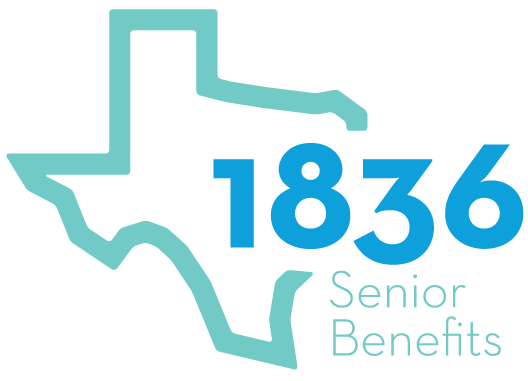
Medicare can be a complicated topic, and you may need some additional help understanding how the various plans and options work. Your healthcare is critical, and it is essential to get it right when it comes to your coverage.
Medicare Advantage Plans are sometimes known as Part C coverage or a combination of Part A and B. It is another way that Medicare is administered. Medicare Advantage Plans are delivered through private providers that agree to follow Medicare rules.
You may be wondering how to choose a Medicare Advantage Plan provider type when there are many options. Read on to learn more about the four most common Medicare Advantage Plan providers available in 2021, and then reach out to the experts at American Senior Benefits for more help.
The 4 Most Common Medicare Advantage Plan Providers Types
If you are shopping for Medicare Advantage Plan providers, it can become overwhelming quickly. Read on to learn more about the best providers available in 2021.
⦁ Health Maintenance Organization Plans: If you select an HMO, you will usually receive services from providers within the network, except for emergency room services. You will pick a primary care doctor who will refer you for specialty care as needed. Prescription drugs are often covered in HMOs. It is crucial to understand if you seek services outside the network, you may have to pay more, up to the full cost of the treatment sought.
⦁ Preferred Provider Organization Plans: PPO plans use a network of providers you may pick from, and you do not usually need to select a primary care doctor. You can elect to go to providers outside the preferred network, as well, but those out-of-network providers will cost more. Prescription drugs are often included. Generally, no referrals are needed for specialty doctors – in-network specialists will cost less than non-preferred providers.
⦁ Private Fee-For-Service Plans: With a PFFS, you may be able to go to any doctor or provider. Some PFFS’s have a network of preferred providers that will cost less to utilize. With a PFFS plan, you can go to any Medicare-approved provider that accepts the payment plan of the PFFS and agrees to treat you. It is important to note not all Medicare-approved providers will agree to treat you under the PFFS plan terms. In an emergency, however, providers must render care to you. You need to check with your provider before every service to ensure they will accept the payment terms and conditions of the PFFS.
⦁ Special Needs Plans: Special Needs Plans are designed for individuals with certain diseases or illnesses – these plans are meant to provide coordinated care. Prescription drugs are covered through SNPs. You will need to select a primary care doctor who can guide your care.
SNPs have specific membership requirements:
⦁ You require a nursing home level of care or reside in a nursing facility
⦁ You are eligible for both Medicare and Medicaid
⦁ You have a specific chronic or disabling condition, like dementia, diabetes, or chronic heart failure
Final Thoughts
Your individual healthcare needs and circumstances dictate which Medicare Advantage Plan Provider type is right for you. Research your options to understand your choices, then reach out to the experts for more help. Medicare and your health are complex topics – make sure you know your options and the different plan types to make the best decision for you.
How do I Learn More?
To learn more about the best Medicare Advantage Plan providers, contact the experts at American Senior Benefits. Our licensed experts will be happy to answer any questions you have.


